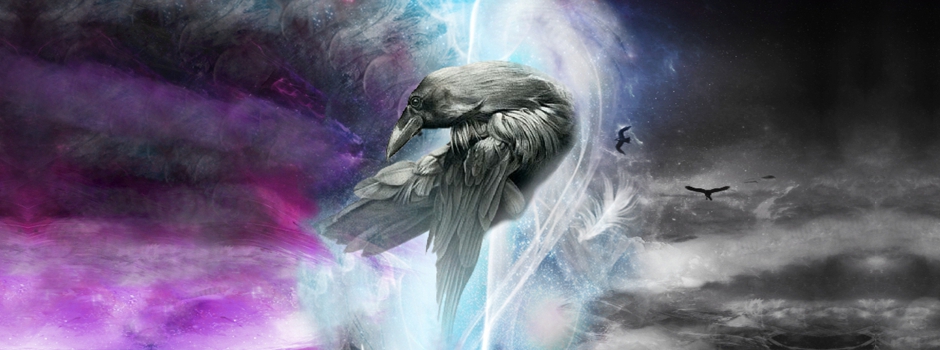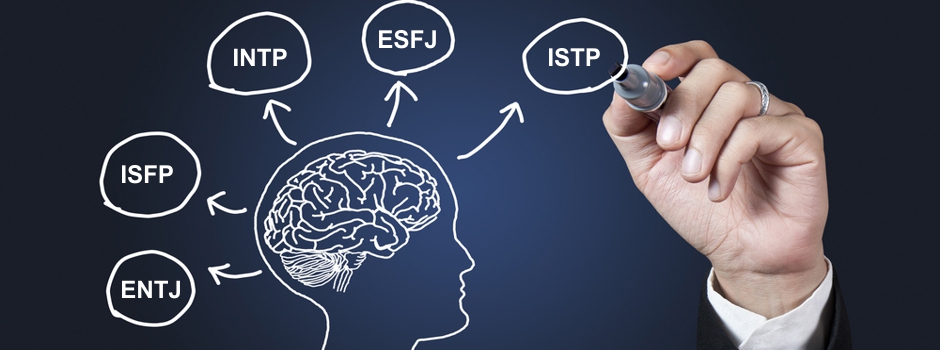Gestalt Psychotherapy
What is Gestalt?
The theory
of Gestalt therapy has three major sources. First is psychoanalysis,
which contributed some of its major principles concerned with the inner
life. Humanistic, Holistic, Phenomenological and Existential writings,
which centre on personal experience and everyday life, constitute a
second source. Gestalt psychology, the third source, gave to Gestalt
therapy much more than its name.
Though
Gestalt therapy is not directly an application or extension of it,
Gestalt psychology's thorough-going concentration on interaction and
process, many of its important experimental observations and
conclusions, and its insistence that a psychology about humans must
include the dynamic of human experience have inspired and informed
Gestalt therapy.
Gestalt
psychology, for example, is concerned with the nature and structure of
perceptual experience. This work is unavoidably present-centred: By
definition it is about what is perceived in the present moment. This is
also true of phenomenology. Phenomenology takes as its subject
matter the study of the objects and events we perceive and the
development of thorough and comprehensive methods for observing and
examining them.
The
philosophical school called existentialism takes as its main concern
modern (and present-centred) questions about the nature and meaning of
living, death, and personal relations, and the nature of our relation to
authorities, including God.
Present Centred Therapy
What does"present centred"
mean? In essence, it means that what is important is what is
actual, not what is potential or what is past, but what is here, now.
What is actual is, in terms of time, always the present; in terms of
location, it is what is here, in front of us. Hence this familiar
phrase: the here and now. Behind this idea is the conviction that
studying, describing, and observing what is available to us now will
allow us to comprehend it satisfactorily. Consider Kierkegaard's
famous phrase, "Life is not a problem to be solved, but a reality to be
experienced."















